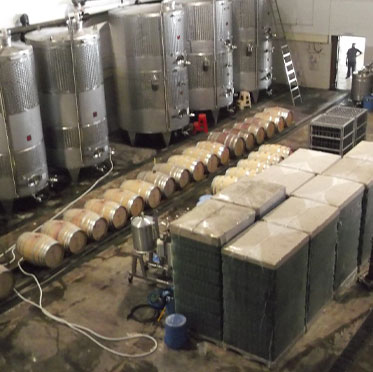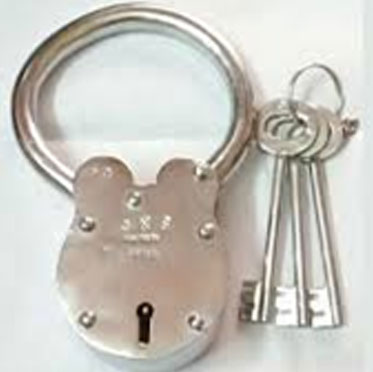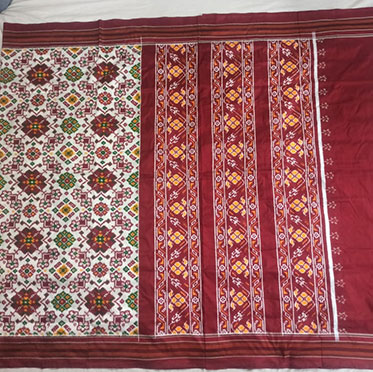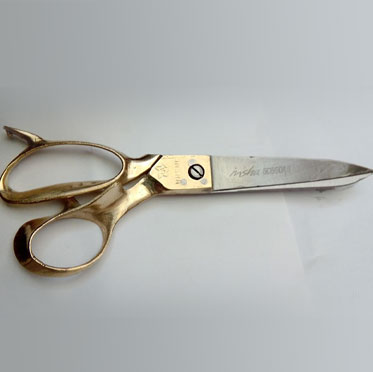






Feni
Goan cashew feni is an alcoholic beverage made by fermentation and distillation of juice of cashew apples. Goa is the only place where cashew apples are used for the production of liquor called feni.
Feni is a colourless clear liquid. If matured in wooden barrels, it turns golden brown tint. It has a unique fruity flavor, peculiar taste, strong aroma and astringent smell. The traditional production process is unique and does not involve addition of any foreign ingredients. The apples, which have fully ripened and fallen on the ground, are collected, crushed for the extraction of juice and the extracted juice is fermented and distilled to obtain Feni (45% of alcohol).
The first distillate obtained is called Uraq (15 to 20% of alcohol) and it is also consumed as a beverage. Feni can be served neat or with ice and can be mixed in classic cocktails or with juices. It does not give a hangover.
Feni is also known for its medicinal properties and is used for treating the ailments such as worm sickness, cold, body ache, fever or flu, toothache, wounds/cuts, cramps, low blood pressure, irregular movement of bowels, etc. View Vendor List...

Nashik Valley Wine
The principle highlight of Nashik valley wine is that since it is created on a high height of around 2000-2400 feet, the grapes have great causticity which is reflected in the wines giving an ideal parity to the readiness characterised by liquor.
Nashik Valley is the largest producer of wine in India, giving Nashik the name of “Wine Capital of India”. Since the protection regulations state that 80% of the grapes must be of Nashik origin along with the packaging, it has led to a persistent improvement in the socio-economic status of the people involved in the value chain.
The geographical location mentioned for the registration of Nashik Valley Wine is Dindori taluka in Nashik district. However, the GI tag was first registered in the name of Dindori Wines which was later changed to Nashik Valley Wine looking at the expanse of wineries located in multiple grape producing talukas of Nashik, especially Niphad, Dindori and Nashik where the table grape variety of Thompson Seedless is prominent.
The proprietors of this product are the different wineries located in the Nashik Valley region, led by the Sula Vineyards. View Vendor List...



Dindigul Lock
Lock manufacturing is an old and popular cottage industry in Dindigul District. So much so that Dindigul is also known as the lock city. As per folklore, this industry was established 150 years ago by the Sankaralingachari brothers in iron rich district of Dindigul. Both the 1906 (by Frances) and 1960 Gazetters (by B.S. Baliga) speak of this industry. More than written records, use of the trusted Dindigul Lock in ancient Temples around the region indicate product’s antiquity.
Each lock is handmade and entire process is manual. Unlike the Aligarh (UP) locks, no machine based process is involved. The process is based on craftsman’s memory and thus each lock is unique in design and system. Locksmiths manufacture 3-5 locks each day which shows the care and skill going into each piece.
There are many varieties of the Dindigul Lock. The vichitra lock needs 3 keys to unlock. The nethri lock has two key holes to confuse. Maanga poottu or the mango shaped lock continues to be most popular. Customers can also order locks as per requirement. Traditional secrecy is maintained in the lock manufacturing process. View Vendor List...

Pochampally Ikat
Pochampally ikat is a traditional weaving style being pursued by weavers of Bhoodan Pochampally village of Yadadri Bhongir district. The weaving survives in a few more villages like Koyalgudam, Choutuppal, Siripuram, Bhuvanagiri, Puttapaka and Gattuppala and a few villages around them mostly in Pochampally and Chouttupal division. The Pochampally Handloom Weavers Cooperative Society has 915 individuals and around 3,000 weavers in the town today.
Pochampally Ikat is visually identified by the 'chowkra' design which is a diamond within a square, or its derivatives, having diffused edges. It is made of natural materials such as cotton or silk or a combination of both.
In the sequential method of its production, the sequence of tying (or wrapping) and dyeing section of bundled yarn to a predetermined color scheme prior to weaving. Thus the dye penetrates into the exposed section, while the tiled section remains un- dyed. Various design patterns of Pochampally ikat include single Ikat, double Ikat, chowkra design with different patterns like jewel, animals, geometric patterns etc. Telia Rumal is also one such type of double Ikat design.
The fabric so woven has been used as Sarees for centuries, and is now also used for furnishing, textile and textile goods. While the bifurcation of erstwhile Andhra Pradesh state has hurt its market, but new initiatives like face masks for Covid-19, bed sheets, online presence of products are still managing to attract a decent footfall into the town. View Vendor List...



Meerut Scissors
Meerut Scissors GI does not pertain to a specific Gram Panchayat or village or hamlet. It brings into its fold all the manufacturers residing in the district belonging to ‘manufactured’ category of GI products.
Meerut Scissors are entirely made from scrap metal and by hand. Manufacturers use ‘kamani’ (spring steel) bought from the railways or automobile industries making the input cost lower than fresh metal stocks at the same time contributing towards recycling of metal waste.
The scissors are known for their sharpness, sturdiness, reparability or reusability, ergonomic design, smoothness and casted brass handle. The industry manufacturing betel nut crackers, razors and scissors is one of the oldest dating back three centuries (360 years) in the district of Meerut. The scissors industry per se is approximately ninety years old; manufacturers having inherited the craft from their ancestors. View Vendor List...




